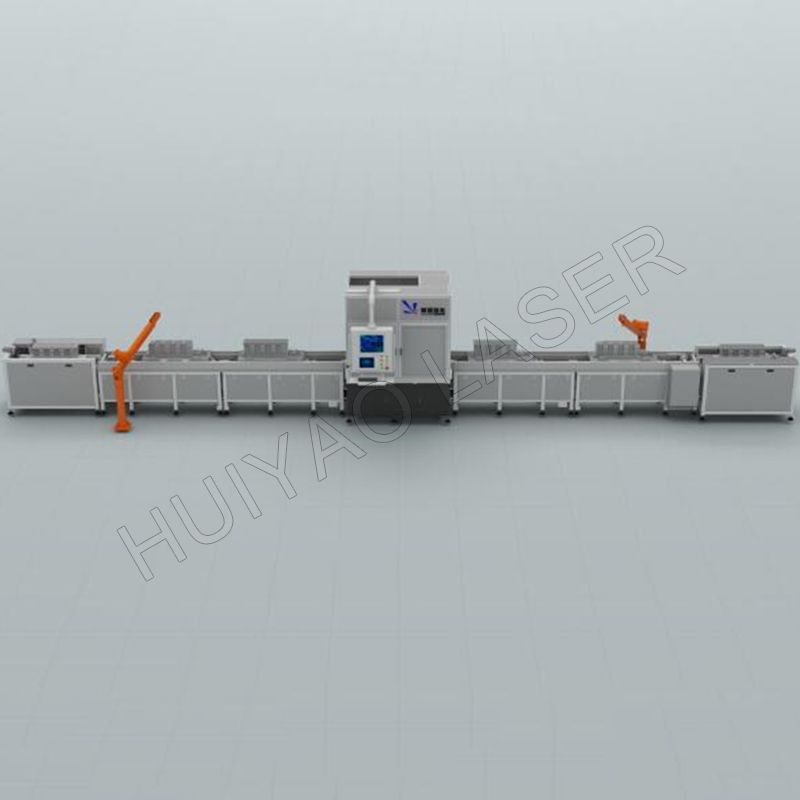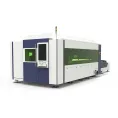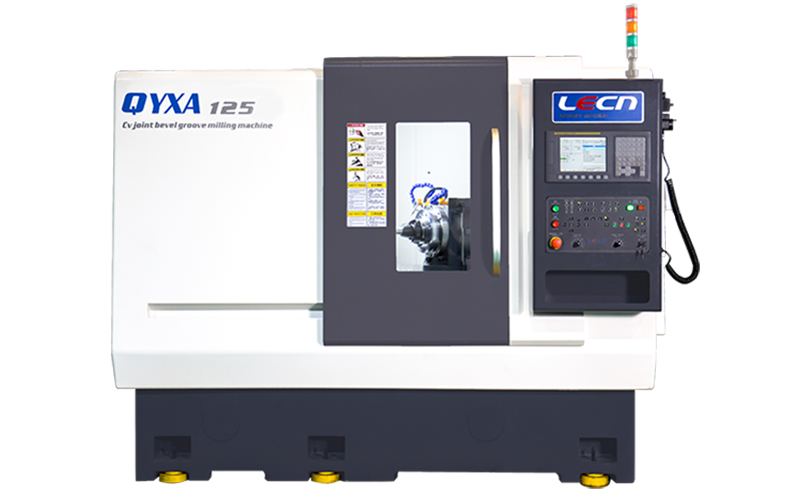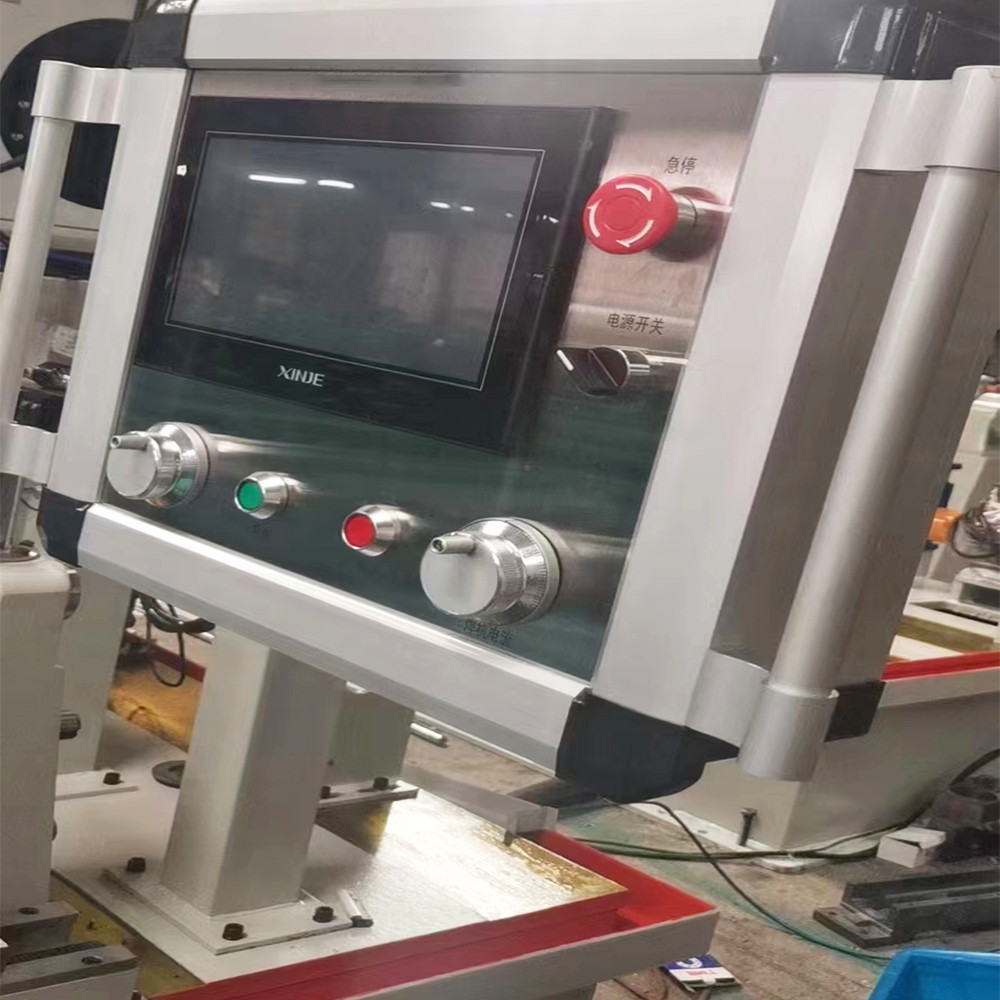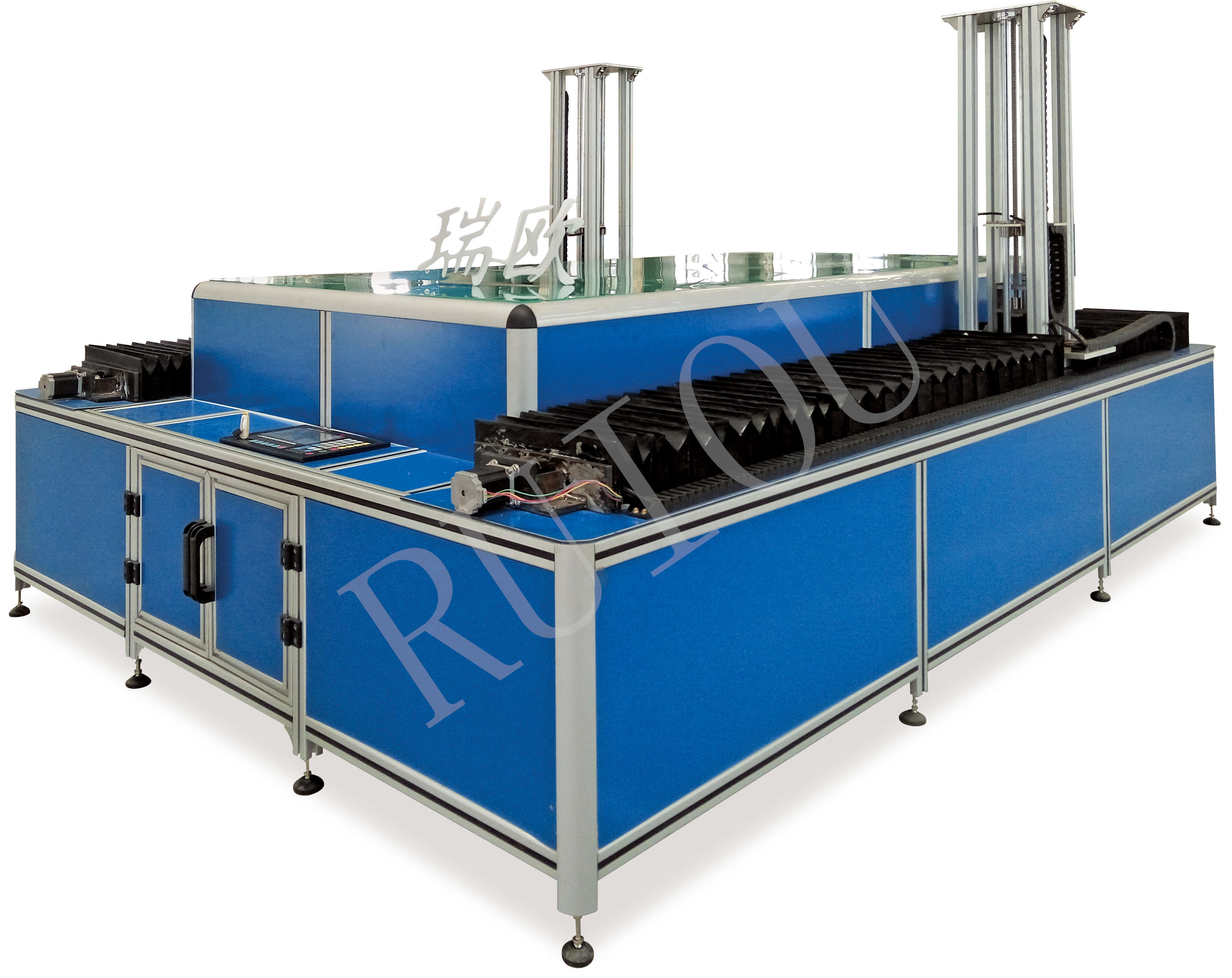4 Tips to Select the Perfect Sintering Oven for Your Needs
Understanding Your Specific Requirements
To select the perfect sintering oven for your needs, it's essential to first understand the specific requirements of your application. Consider factors such as the materials you will be sintering, the desired temperature range, and the size of the parts you're working with. For instance, ceramic materials may require different heating profiles than metal composites. By pinpointing these specifics, you set the foundation for making an informed choice that aligns with your operational goals.
Assessing Temperature Control and Uniformity
Next, evaluate the temperature control features of the oven. Precision in temperature management is crucial for successful sintering processes, as it directly affects the material properties of the finished product. Look for ovens with advanced temperature regulation systems, such as programmable controllers and multiple thermocouples, to ensure uniform heat distribution throughout the chamber. This capability is vital for minimizing defects and achieving consistent results across batches.
Energy Efficiency and Operating Costs
Another critical aspect to consider is energy efficiency. Sintering ovens can be energy-intensive, impacting your long-term operating costs. Research ovens that utilize advanced insulation materials and energy-saving technologies to reduce power consumption while maintaining performance. Investing in a more efficient oven may initially seem costly, but it can lead to significant savings over time, enhancing your overall return on investment.
Recommended article:Do you know the advantages of lintel making machine
What does a bucking unit do?
How to Choose the Right Rolling Machine?
What to Consider When Purchasing a Compressor?
What is CNC lathe machine?
Screw Fastening Machines Selection Guide
What is tube mill machine?
Maintenance and Support
Lastly, consider maintenance requirements and the level of technical support offered by the manufacturer. A sintering oven that is difficult to maintain can lead to costly downtime. Look for models that offer easy access to parts, straightforward cleaning procedures, and user-friendly controls. Furthermore, a reputable manufacturer should provide robust customer service and support to help troubleshoot any issues that may arise during operation. This support can be invaluable in maintaining productivity and ensuring the longevity of your equipment.
Conclusion: Making an Informed Decision
In conclusion, selecting the perfect sintering oven involves a thorough understanding of your specific needs, evaluating temperature control features, considering energy efficiency, and ensuring adequate maintenance and support. By following these tips, you can make an informed decision that not only meets your current requirements but also positions you for future growth and success in your sintering applications. The right oven will enhance your production quality and efficiency, significantly impacting your operational performance.
If you are looking for more details, kindly visit Sintering Oven for Sale, China Vacuum Melting Sintering Furnace, What Is a Cold Isostatic Press.
Recommended article:EPS Shape Moulding Machine: Shaping the Future of Packaging and Construction
How does a turret CNC lathe machine work?
What are the Differences Between EVI and Traditional Heat Pumps?
Advantages and Applications of CNC Gang Tool Lathes
The Future of Electronics Manufacturing: The Soldering Robot
What is an anodizer machine?
Mastering Induction Hardening Equipment: Unleashing Unmatched Performance


